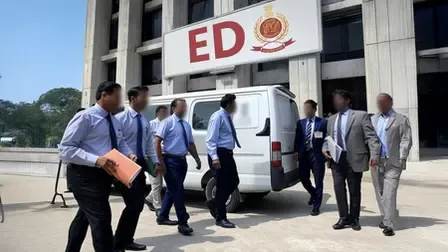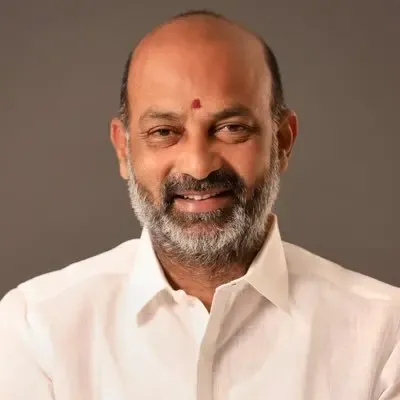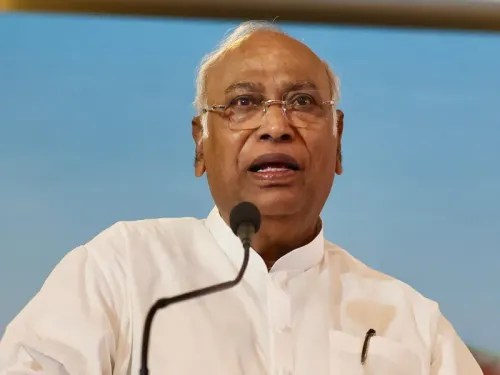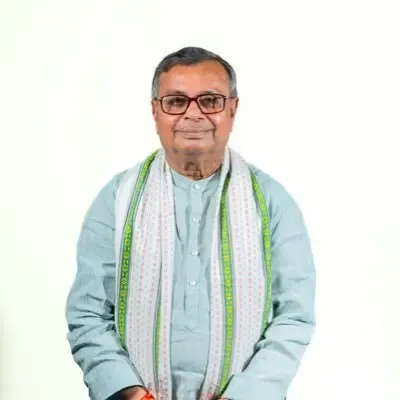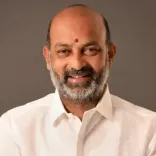How Did India's Retaliatory Action Respond to the Pak-Directed Terror Attack in Pahalgam?
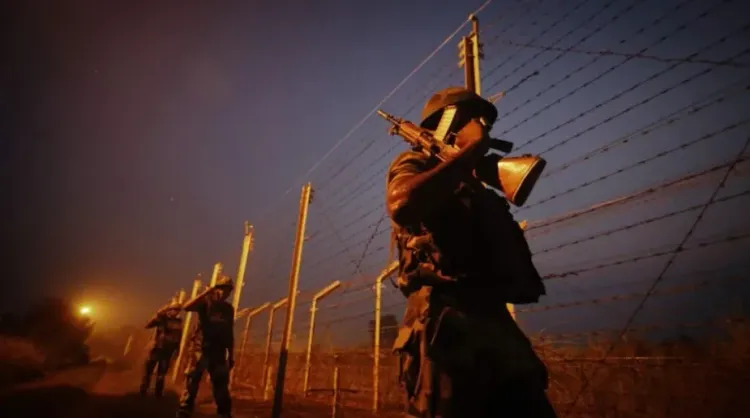
Synopsis
Key Takeaways
- India's military response is focused on dismantling terrorist infrastructures.
- International support is crucial for India's counter-terrorism strategy.
- Operation Sindoor was executed with remarkable precision.
- Geopolitical dynamics are shifting in favor of India with support from major powers.
- Continued vigilance against terrorism is essential for national security.
New Delhi: The unequivocal denouncement by US President Donald Trump regarding the terrorist murders of innocent tourists at Pahalgam, along with a similar reaction from President Putin of Russia, undoubtedly bolstered India’s efforts to establish a long-term deterrent against Pakistan.
During India’s preparatory phase, a surprising element was retained as India executed multiple 'Balakote-style' military strikes 'simultaneously' on nine terrorist bases and training facilities across the LoC and the Indo-Pak border in the early hours of May 7, adhering to its declared strategy of targeting only terrorist infrastructures and not military entities of Pakistan. Moreover, India has asserted its right to pursue individuals like Hafiz Saeed and Masood Azhar wherever they may find refuge among the military.
The details of the operation were conveyed by Col. Sofiya Qureshi and Wing Commander Vyomika the following morning, as they played a crucial role in the planning of this counter-terror initiative.
The 'daughters' of India seemed to lead the charge in avenging the 'widowhood' inflicted by terrorists upon numerous women in Pahalgam.
'Operation Sindoor' was an intelligence-driven endeavor, executed with high precision and coordination among the defense forces, under the meticulous planning of India’s National Security Advisor Ajit Doval.
It is reassuring that Indo-US relations are based on a solid foundation, thanks to President Trump’s firm rejection of 'Islamic terror'—he promptly announced visa restrictions on nations that harbor such terrorism—and identified a clear role for India in his new strategy to counter China. India has rightly elevated its standing in the Quad, as reflected in the joint statement following the Quad Foreign Ministers' meeting in Washington on January 22 this year.
The statement reaffirmed a commitment to a 'free and open Indo-Pacific' that upholds 'rule of law, democratic values, and territorial integrity' and highlighted the significance of the upcoming Quad summit hosted by India later this year.
In contrast to President Biden, who appeared indifferent to the Pak-Afghan region harboring Islamic radical elements, President Trump’s zero-tolerance policy towards Islamic terror would likely focus his attention on this area, especially considering the ramifications of the strategic Sino-Pak alliance.
India and the United States, being the largest and oldest democracies, lead the democratic world, which is under threat from faith-based terrorism on one side and authoritarian regimes on the other. There exists a natural alignment between the two nations on geopolitical and strategic matters.
Support from Russia concerning Pahalgam underscores the international community's backing for India’s firm stance against terrorism. Notably, Russia was itself a victim of an attack by ISIS-K on a concert hall near Moscow in March last year, which resulted in 135 fatalities and nearly 500 injuries.
It is worth noting that President Trump’s 'America First' policy in diplomatic, economic, and strategic spheres was largely informed by his keen understanding that China—learning from the collapse of the Soviet Union—has intentionally pursued economic means to emerge as the second superpower, that the US has been facing adverse trade balances with numerous countries, and that the ongoing conflicts in Europe, the Middle East, and South Asia are proving to be an unnecessary burden on the US.
Trump's current presidency is focused on administrative reforms led by the Department of Government Efficiency (DOGE) under Elon Musk, emphasizing cost-cutting measures, especially the cessation of funding for all Diversity, Equity, and Inclusion (DEI) initiatives of the Biden Administration. The Modi regime is managing India’s relations with the US with diplomatic maturity, a solid international outlook, and economic stability, unaffected by narratives suggesting India plays a subordinate role to the US or does not respond adequately to Trump’s policies on immigration and trade.
Despite being perceived as 'unpredictable', President Trump possesses an acute awareness of the significance of India's strategic and economic support to the US in the pursuit of his 'Make America Great Again' (MAGA) campaign. Prime Minister Modi upheld this sentiment during his visit to the White House in February this year, subtly reminding Trump that India also aspires to 'Make India Great Again', without allowing contradictions to emerge in the Indo-US cooperation on that front.
The terror attack orchestrated by Pak-directed Lashkar-e-Taiba infiltrators, who murdered 26 Hindus on April 22 in Pahalgam, is rightfully being likened to the 26/11 Mumbai attack by LeT. The Modi government has responded by granting military forces a free hand in planning and executing retaliatory actions.
It is imperative for India to continuously dismantle terrorist bases and eliminate the entire leadership of terrorist organizations, while also exposing the Pakistani military's complicity in the Pahalgam massacre. This must be pursued with international support, which Indian diplomacy is fully capable of achieving, despite the pro-Pakistani stance of China. Pakistan is unlikely to abandon its use of terrorism—motivated by faith—as a cost-effective tool of state policy to undermine India. Therefore, India must establish a standing deterrent through cross-border strikes whenever deemed necessary, assuming that Pakistan, in its desperation, may escalate conflicts by targeting our military installations.
In conclusion, following the Pahalgam terror attack, it would be prudent to place J&K under the leadership of a senior civilian with a background in national security and intelligence, someone who commands respect from the defense services, possesses a solid understanding of the separatist and pro-Pakistani forces active in this border state, and is professionally acquainted with local intelligence activation methods. Following the terror attack in Pahalgam and India's retaliatory strikes, J&K has now become strategically more critical than ever.
(The writer is a former Director of the Intelligence Bureau)

